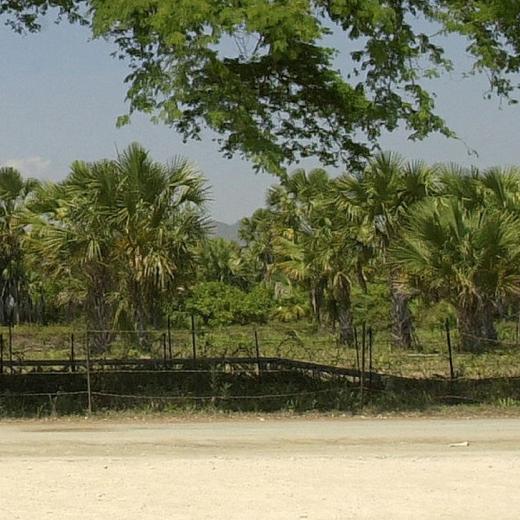BLUF
Not everyone is celebrating coming out of Covid-19 lockdowns—for example, ask some introverts.Summary
Writer Kara Schlegl is a confessed introvert—even if she doesn’t like the word itself. In this article, Schlegl passes on her wisdom to other introverts on avoiding social burn-out now that lockdowns are coming to an end. Key points:
-
Online quizzes often misrepresent introversion as a fun personality trait when it can, at times, be extremely debilitating.
-
A study from the University of Glasgow reported that some extroverts could suffer substantial and long-lasting mental health issues due to extended lockdowns.
-
Studies have also shown that, generally, introverts report higher rates of depression and decreased mental wellbeing.
-
After lockdown, expectations for social engagements are at an all-time high, but introverts should always think first about what they can cope with—this is not being selfish, just a way to manage.
-
Tell your friends about your condition—most people are very understanding.
-
Meditate, and if you don’t have the patience or attention span to do that, look for something else to relax you.
-
For instance, try music or gardening—make some time for yourself to help you better prepare for dealing with other people.
-
Always ask for help if you feel you need it; remember, there is a difference between ‘healthy’ alone-time and being unable to face the world.
References
- Oct 2020 The Guardian Please check in on your introvert friends. We might not be doing as well as you think
- Nov 2020 NBC News Covid is affecting introverts and extroverts very differently. Just ask my wife.
- Jan 2021 The Conversation To get ahead as an introvert, act like an extravert. It’s not as hard as you think
- Feb 2021 VeryWellMind How You Can Tell That You're an Introvert
- Aug 2021 VeryWellMind What Is an Extroverted Introvert?
- Oct 2021 ABC Most of us think we're either an introvert or extrovert, but is it backed up by science?





